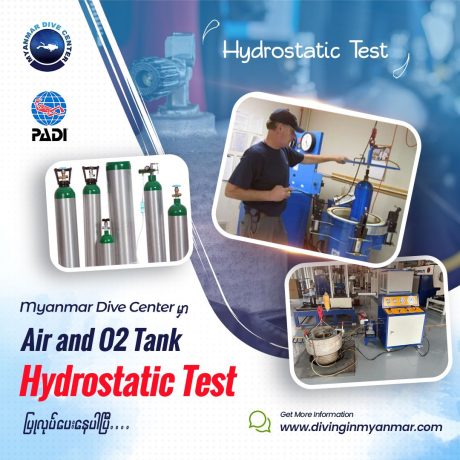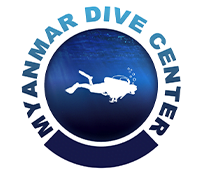MENUMENU
Equipment-Repair-Services
Introduction to Our Services
Annual Dive Cylinder CheckAnd Hydrostatic Testing

Check more about our services on Our Official Facebook Page >>
https://www.facebook.com/share/p/8fixq6JGZPEVFvXy/?mibextid=WC7FNe
Hydrostatic Testing is an essential process in ensuring the safety and reliability of pressure vessels such as scuba tanks, cylinders, and pipelines. By subjecting these vessels to high-pressure water tests, we can detect any weaknesses or defects that could compromise their integrity.
1. Annual Dive Cylinder Check:
Regular annual inspections of dive cylinders are crucial for identifying any signs of wear, damage, or corrosion that could compromise their structural integrity. These inspections involve a thorough examination of both the exterior and interior components of the cylinder, including the valve, neck, and interior walls. By detecting potential issues early on, divers can address them promptly, preventing accidents or equipment failure during dives. Annual checks also help maintain compliance with industry standards and regulatory requirements, demonstrating a commitment to safety within the diving community.
2. Hydrostatic Testing (Recommended Every 3-5 Years):
Hydrostatic testing is a rigorous procedure that evaluates a dive cylinder’s ability to withstand internal pressure. This test is typically recommended every 3-5 years, depending on regulatory requirements and the frequency of cylinder use. During hydrostatic testing, the cylinder is pressurized with water to assess its structural integrity and leak resistance. By subjecting cylinders to high-pressure conditions, hydrostatic testing helps identify hidden defects or weaknesses that may not be visible during visual inspection alone. This ensures that dive cylinders meet stringent safety standards and can withstand the demands of underwater diving.
Overall, annual dive cylinder checks and periodic hydrostatic testing are essential practices for maintaining the safety and reliability of scuba diving equipment. By investing in regular inspections and testing, divers can minimize the risk of equipment failure, enhance dive safety, and enjoy peace of mind knowing that their cylinders are in optimal condition for underwater exploration.
YANGON HEAD OFFICE
Building (11), MICT Park, Hlaing University Campus, Hlaing Township, Yangon.
info@divinginmyanmar.com
NGWE SAUNG OFFICE
NGAPALI OFFICE
No.(36), Jade Taw Road, Mya Pyin (1) Quarter, Ngapali.
info@divinginmyanmar.com
WEATHER FORECAST
Copyright © 2022 Myanmar Dive Center


